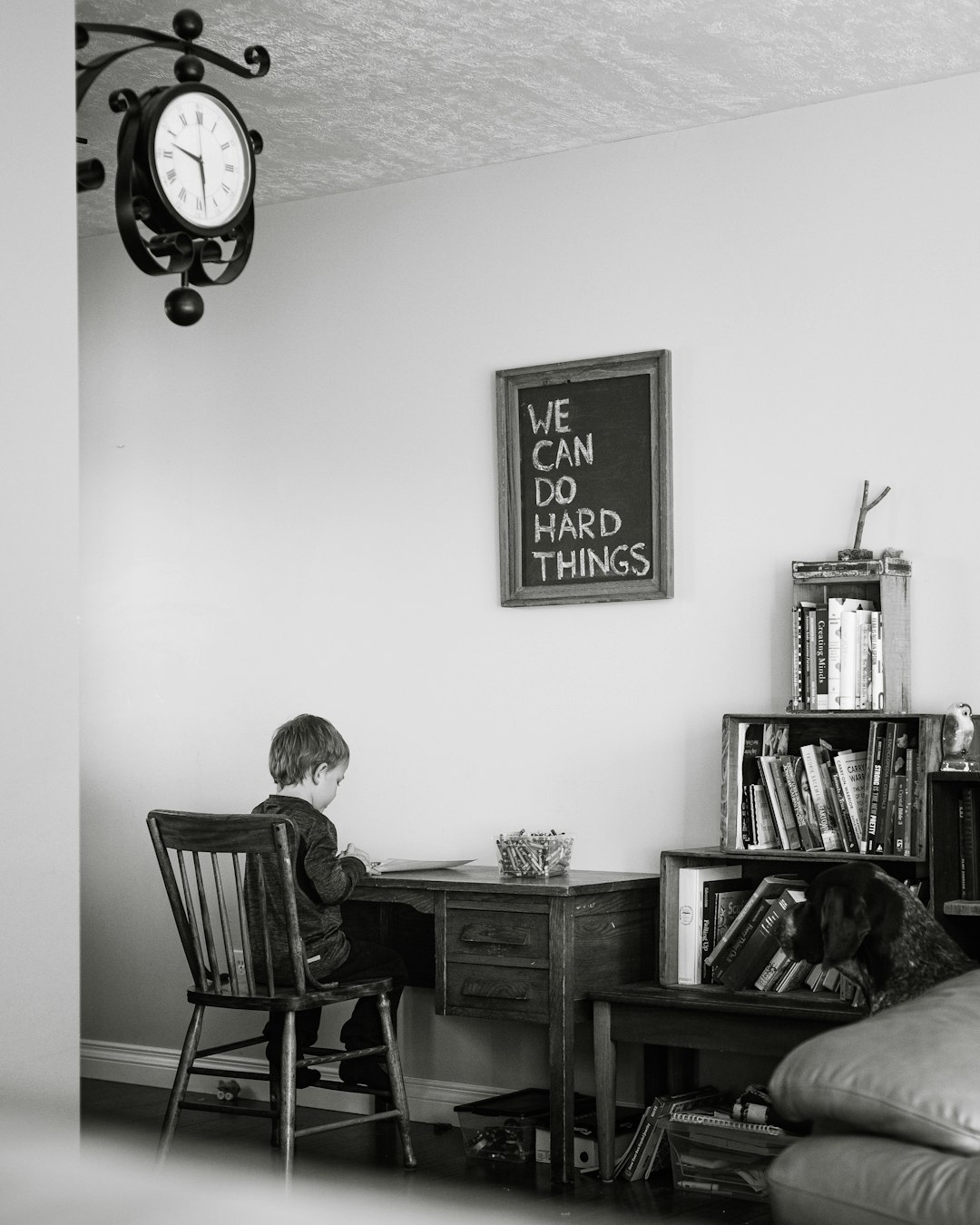I can do Hard Things
Albert Bandura was a social-cognitive psychologist who introduced the theory of self-efficacy in the 1980s.
In a nutshell, self-efficacy is the belief in your own ability to achieve a certain outcome.
“I can do hard things”.
Leaders need high levels of self-efficacy. They must believe it can be done.
Levels of self-efficacy can also predict how disciplined you are with your habits and even how well you perform in your career.

But affirmations are not enough.
Your mind sees through that and calls you out with a less compelling story.
So how do we build out self-efficacy muscles?
1/ Action - the biggest one by far is being intentional with your action. You have to put yourself out there and gain more experience.
Take action.
Being action biased means you move forward first.
If you’re stuck in a rut, stressed or lacking inspiration, action should be your tool.
Take the first step.
Make sure you turn up.
Free Weekly Newsletter Resource
The Boonly is a gift every Sunday for anyone craving a spark of wholesome curiosity, an antidote to "hustle culture", and the permission to rest, relax and enjoy your Sundays.
We always deliver:
✅ Curiosity-sparking content
✅ Witty insights to nourish your mind
✅ Inspiring ideas for perfect Sundaying
✅ Refreshing perspectives on well-known concepts
2/ Hard stuff - I am by no means a great presenter or public speaker but I was asked to present on a topic to 50+ people.
This caused me a lot of discomfort and nerves.
My negative self-talk was strong.
I was well out of my comfort zone and had never done something like this before.
I stepped up and executed.
The presentation went very well, and it formed a watershed moment for me.
My confidence in presenting and public speaking rocketed after that.



